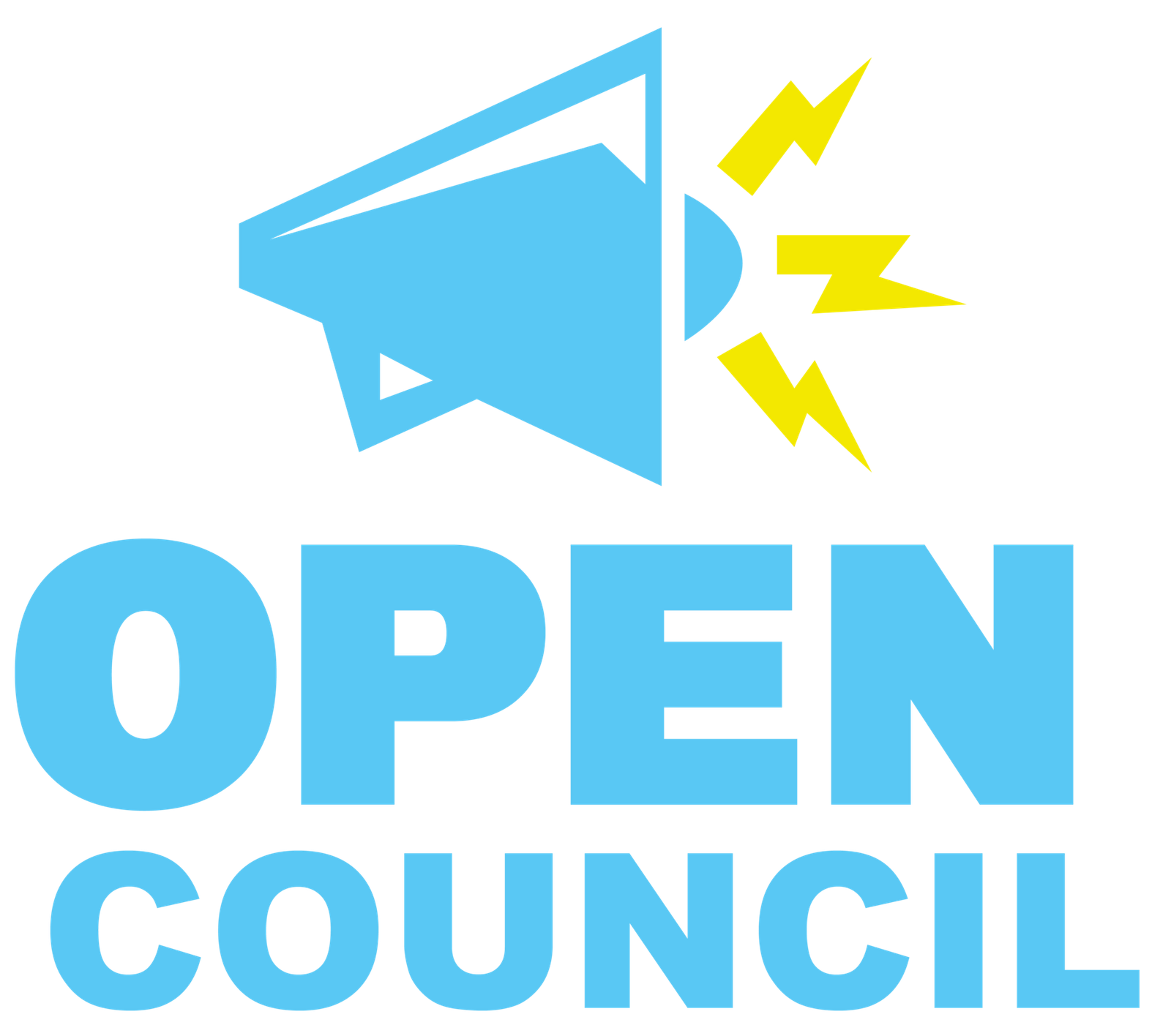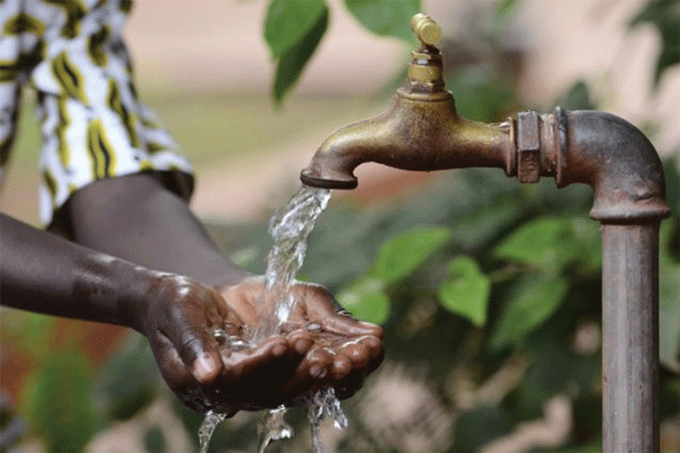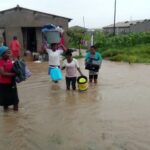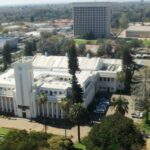By Correspondent
Marondera Municipality is set to procure a 500KvA generator worth US$ 200 000 for its water treatment plant plugged by electricity problems.
Ward 3 Cllr Mujaranji said this during 2025 budget consultations.
Mujaranji said it’s the only viable short term plan to address the challenge.
“We have heard your concerns over water issues.
“As council we are now at the advanced stage of procuring a 500KvA generator worthy US$ 200 000 as our short term plan,” he said.
The local authority has also assured residents that it’s looking for investors to partner with with in the expansion of the water treatment plant.
“We held an Investors Indaba and we received overwhelming response.
“We submitted papers to the Zimbabwe Investment and Development Agency (ZIDA) and are waiting for their response,” said Mayor Chengetayi Murowa.
Murowa also revealed that they are looking for an investor to partner with on a solar project.
“Once we get such an investor errant supply of water is going to be thing of the past.
Residents Complain
”The idea has however been short down by residents.
Mrs Shuwai Hwata said, “it’s been a decade since you promise us to address water issue.
“You come back complaining about funds but you bought luxurious cars, you must first address issue of service delivery.
“We are now tired of fake promises.”
Old Challenges
Marondera municipality has failed to address the issue of water over several years.
This is despite numerous funds which were channelled towards upgrading its water and sewer system.
In 2015, the African Water Facility (AWF) gave government a €2 million ($2,25m) grant.
It was aimed at developing an Integrated Urban Water Management Master-plan for Marondera.
The deal failed to produce results.
In 2016 the African Development Bank (AFDB) approved a 2 million pounds facility to upgrade the same plant.
The money was released in tranches with the last one of US$520 000 coming in 2020.
The funds were divided into two phases, with phase one gobbling US$477 000.
However, the funds failed to bring change to the water system.



